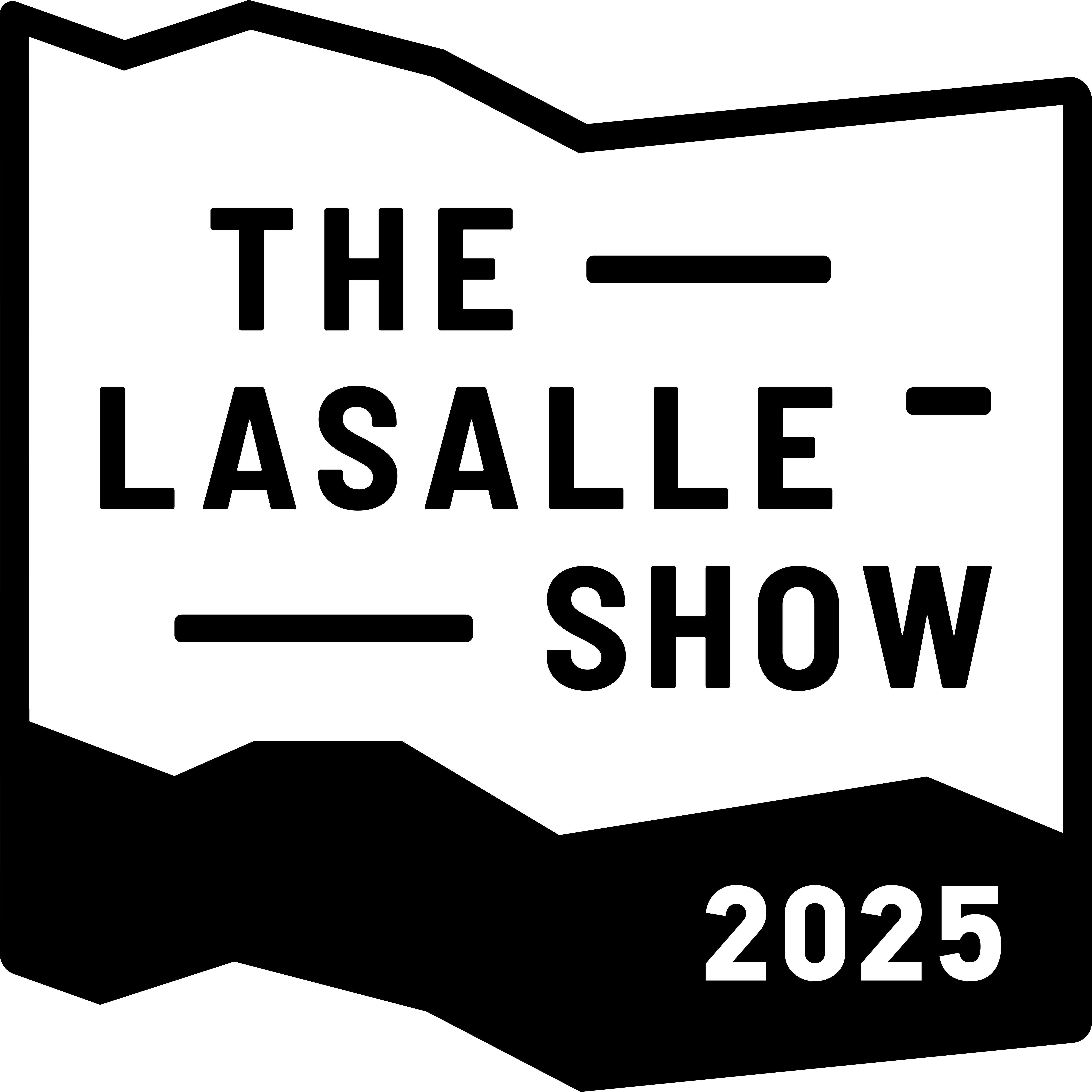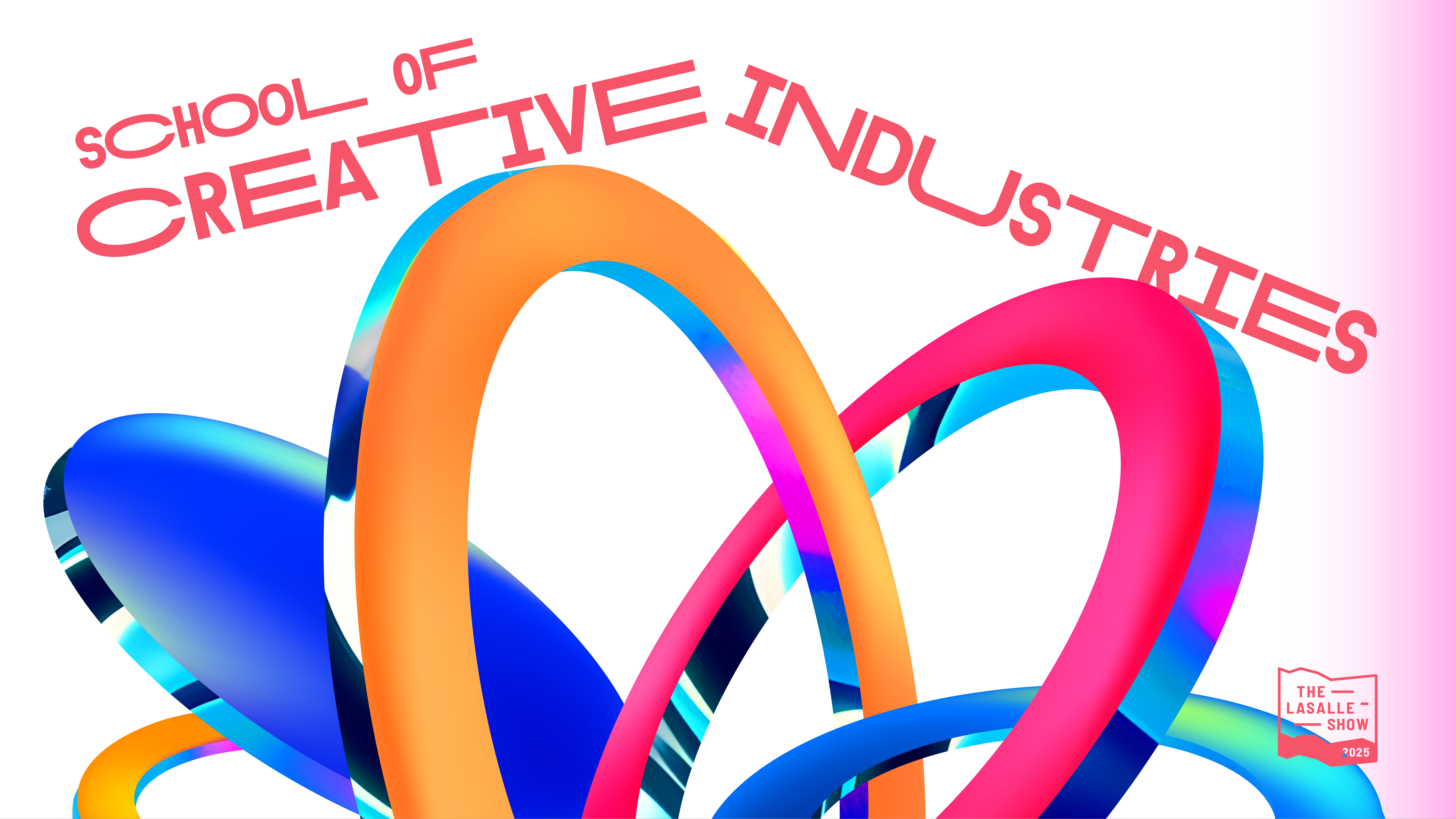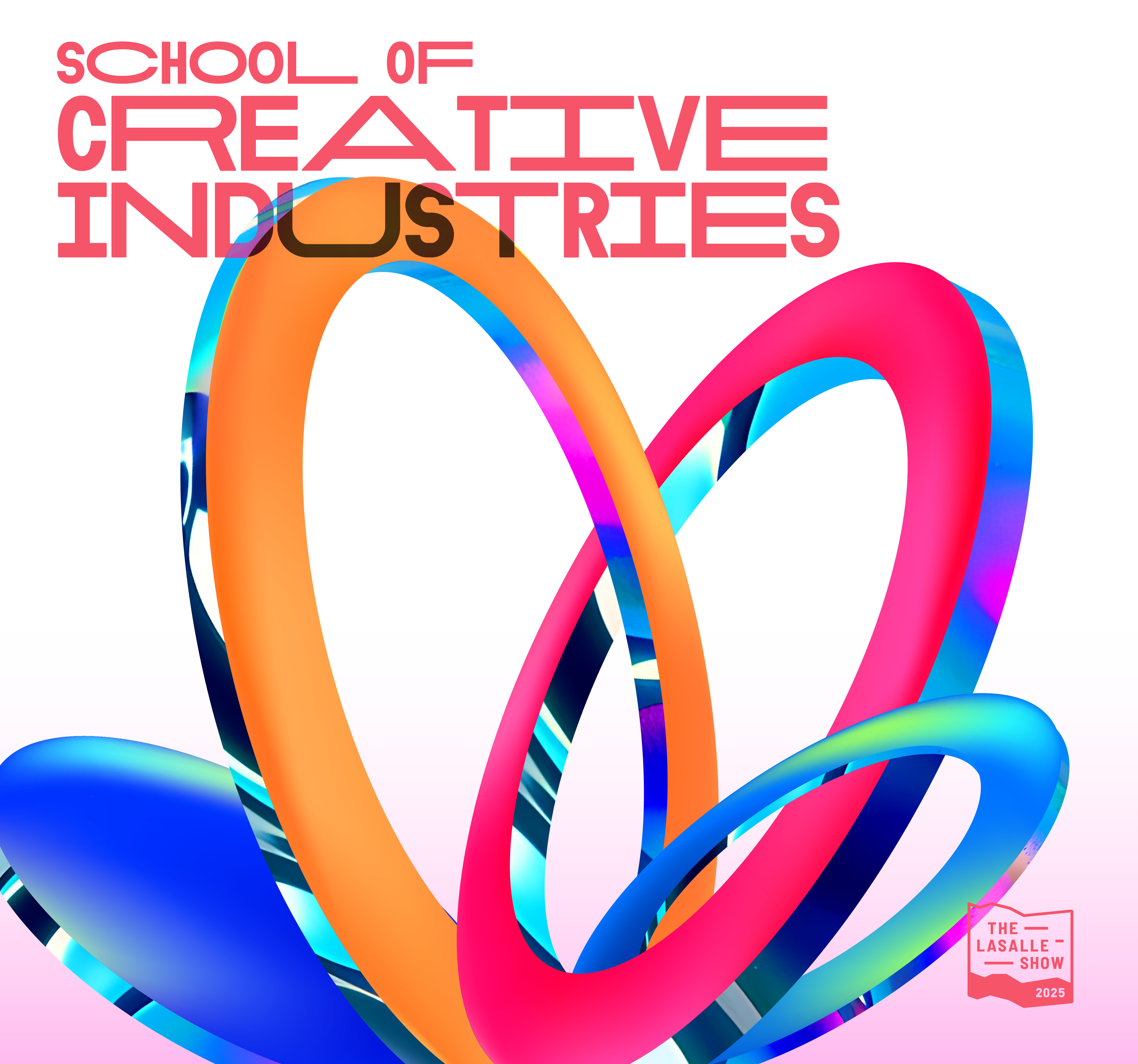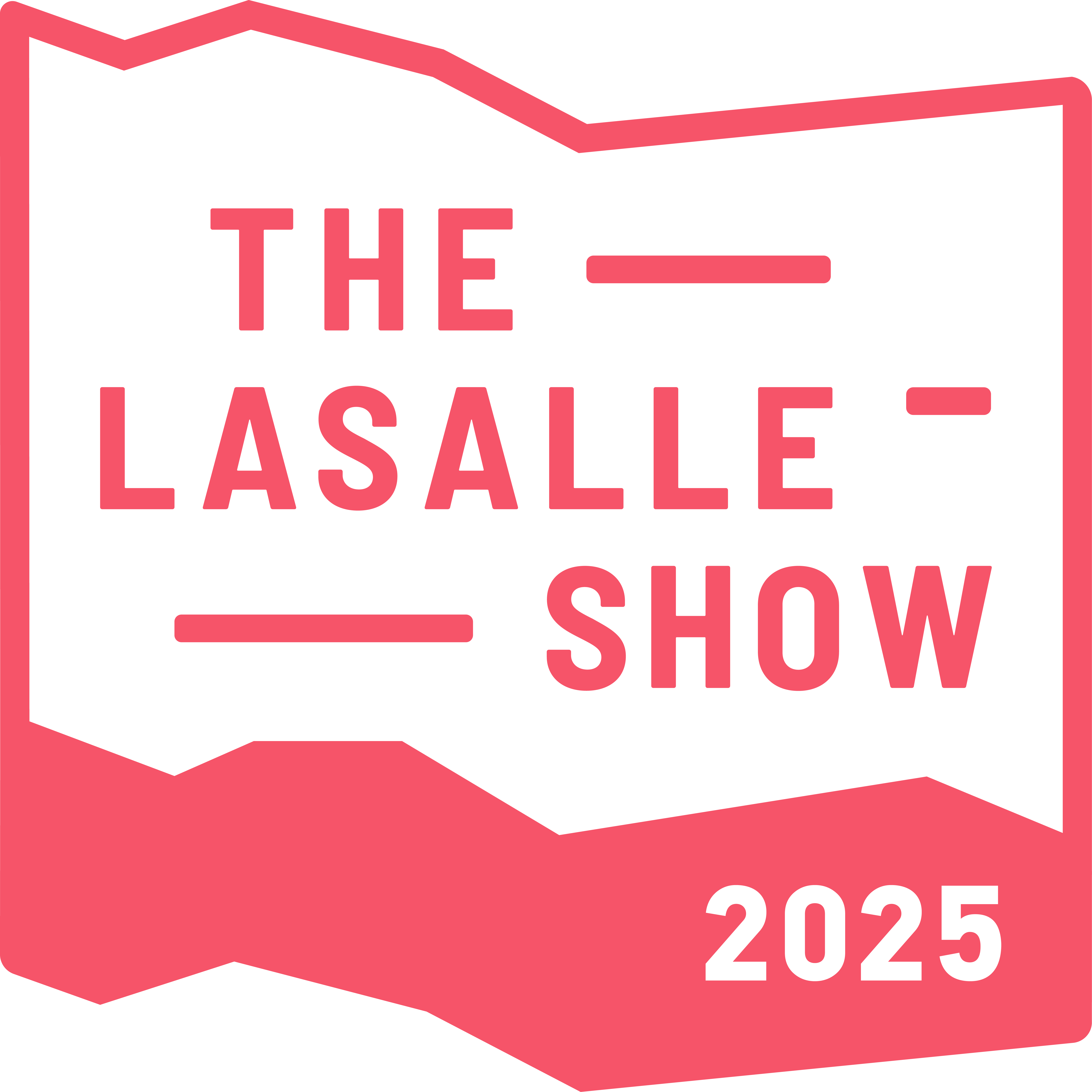School of Creative
Industries
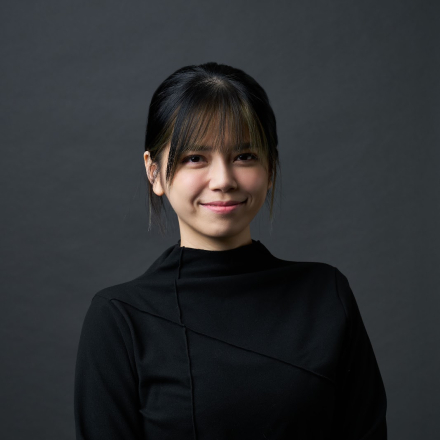
Fervyn Kate Tan
Fervyn Kate Tan
MA Arts Pedagogy and Practice
2025
Fervyn is a theatre arts manager who is currently a producer at Drama Box where she supports socially engaged theatre projects including Art in the Commons: Cassia.
Having journeyed through the arts as a performer, arts administrator in programmes and in the public service, arts advisor in tertiary education, as well as a producer, she sees arts management as a creative and collaborative practice grounded in relational dimensions.
At the heart of her work is a belief that the arts make the world a better place, and she warmly welcomes conversations about art as a way of remembering and rediscovering our place in it.

